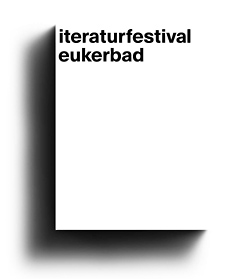30th Leukerbad International Literary Festival
Festival Focus
Our team is working intensively on the Festival’s 2026 program. This year’s points of focus will be posted here once his work is complete. Until then, you can whet your appetite with the overview of the Festival’s important cornerstone events.
30th Leukerbad International Literary Festival:
